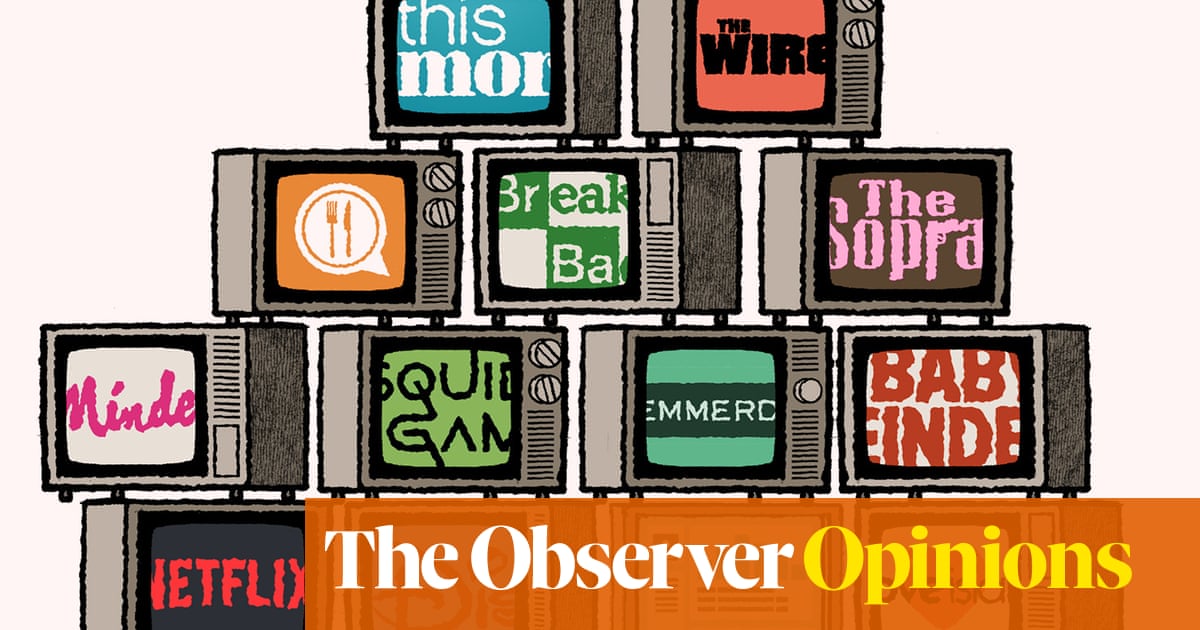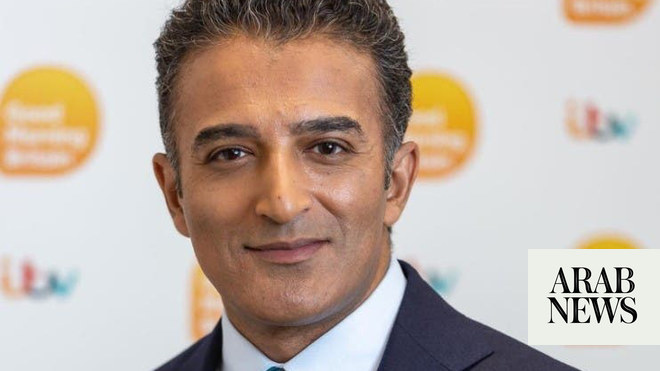
Systemic racism in British television has forced out a generation of black talent who quit because they were being ignored or worn down by their experiences, the industry’s leaders were told on Monday.
In a devastating critique, the prominent broadcaster and historian David Olusoga said the impact of this “lost generation” could be seen in unrepresentative programmes that failed to reflect modern Britain.
Delivering the keynote MacTaggart lecture at the virtual edition of the Edinburgh television festival, Olusoga said a recent incident where the BBC defended the decision to use the N-word on air had “genuinely damaged faith in the BBC among many black people” and would not have happened if there were more senior black staff in newsrooms.
Olusoga, who spent the early part of his television career as a producer, said his own experience of the British television industry had left him feeling so “isolated and disempowered” that he was diagnosed with clinical depression.
“I’ve come close to leaving this industry on several occasions. And I know many black and brown people who have similar stories to tell.”
“They left because even when they got work, their voices were too often not listened to; their stories too often were not of interest to the tastemakers and programme pickers who, over the same period, grew ever more powerful within the structure of TV. They’re not here now because we didn’t have the will to keep them and – worn out by it all – they gave up on our industry.”
His comments come at an acutely sensitive time for the media as leaders grapple with the fallout from the Black Lives Matter movement. And they echo sustained criticism of the industry’s racism in recent years. Two years ago, Michaela Coel, the creator of I May Destroy You, used the MacTaggart lecture to describe her experience of racism and sexual assault, while in 2014 Sir Lenny Henry told an audience at Bafta that black British actors were having to go to the US to build their careers.
In June the BBC committed £100m of its TV budget over the next three years to producing “diverse and inclusive content” and set itself a mandatory target of ensuring that 20% of off-screen talent comes from under-represented groups.
Olusoga said that while television is becoming more diverse on screen, progress at the top of the food chain has been slower. “There is willingness to accept black people as performers, in front of the camera, but unwillingness on the part of the industry to make space for them behind the scenes, in the rooms where the decisions are made and the real creativity happens,” he said.
“When I became a presenter, I could not help but notice that that our industry was far more comfortable with me in that capacity than it ever has been with me as a producer.”
He also said the media regulator Ofcom should require broadcasters to have racially diverse staff rather than simply produce reports highlighting the issue – or be replaced by a regulator that is willing to take tough enforcement action.
Olusoga, who runs his own television production company while serving as professor of public history at the University of Manchester, said the individuals who commission television programmes are drastically unrepresentative of the audiences they served. As a result, black people in the industry are constantly having to deal with accusations that they are troublesome or awkward when they make points to those individuals.
“One colleague I worked with complained endlessly that I was especially difficult. I was difficult whenever I talked about the sensitivities of black history, or warned of the danger of racial tropes, or of unintentionally reinforcing racial stereotypes. I was, they told me, too political, too sensitive, too difficult.
“But my colleague had a solution. What I needed to do, I was told, was to be more like another black person they knew. This other black guy was far more relaxed, less caught up in all of this history stuff, he didn’t feel the need to discuss race, racism, stereotypes and all the other annoying stuff. If only I could be more like him, because then we would all just ‘get along’. This ideal black guy was someone my colleague would hang out with. He’d come round their house and listen to music – in perfect racial harmony.
“As this piece of advice went on, and I learned more details about this ideal black person, I began to wonder if perhaps the reason they were so unthreatening, so relaxed and so laid back might have been because the black person I was being urged to emulate was my colleague’s cannabis dealer.”
He highlighted the case of Marvin Rees, who was a BBC journalist in Bristol before quitting the corporation and later becoming the city’s directly elected mayor. “When I asked Marvin Rees why he had finally given up and left the industry, this is what he said: ‘The truth is, the BBC just wore me down with hopelessness.’”
“If, however, in another alternative existence, Marvin might have been there, or on the end of the phone, as a senior colleague, to give advice, that incident, that has genuinely damaged faith in the BBC among many black people, might have been avoided.”
Many of the major announcements at the television festival concerned diversity and the elevation of black voices. The BBC’s director of content, Charlotte Moore, said the television industry would “not survive” if it did not embrace diversity and highlighted the forthcoming five-part series Small Axe by director Steve McQueen.
Earlier in the day, former BBC journalist Marcus Ryder asked panellists at the television festival whether questions of media diversity were too fixated on traditional channels: “Are we focusing on too much on BBC and Channel 4 and not enough on platforms like Netflix? Are we being too old-fashioned about this?”
Duane Jones, who runs his own production company, said the new streaming companies had an advantage over many established outlets: “I feel like the less traditional platforms are more open-minded when it comes to working with diverse talent and company founders like myself.”












